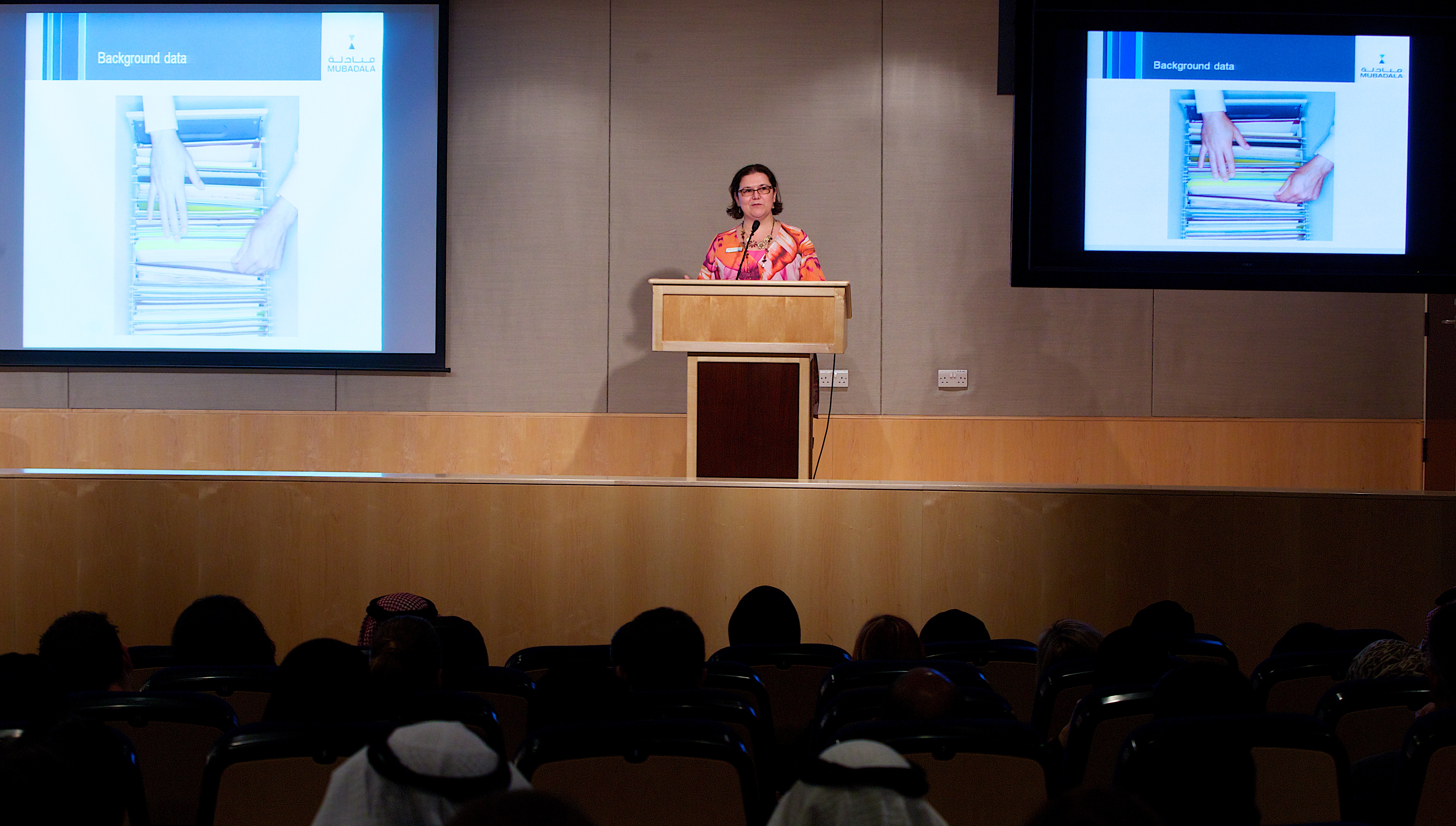Today’s post is a reaction to this GlobalPensions.com article commenting on employer contribution rates for retirement in some New York State agencies.
My comment is mostly linked to the % of contributions. “The contribution rate for the Employee Retirement System (ERS) will increase from 16.3% of salaries to 18.9% in fiscal year 2012-13, while the Police and Fire Retirement System (PFRS) will rise from 21.6% to 25.8%.”, mentions the article.
19 and 26% of salaries for pension payments alone ? When I think that some of my past (US) employers were complaining about the % of employer social charges in Europe !
Of course in the GCC, the only mandatory contributions for pensions are for Nationals like for example in the UAE (Employee 5%, employer 15% and Government 6% of salary) – and the national pension funds, though Defined Benefits as of today, are still relatively protected from such increases. However with the demographic boom in the GCC, I doubt that the level of entitlement is sustainable unchanged over a much longer period of time. In my opinion, in the coming years, change will have to be introduced in the form of higher contributions (employees and employers), longer contribution periods, and /or reduced pension payments.
I’d also be interested to know a bit more from this article. I assume, but am not sure, we are talking about Defined Benefits schemes here. Otherwise, most probably, the effort would be jointly borne by the employees. And employer contributions would not necessarily be raised in a pure Defined Contribution scheme in order to offset the losses incurred at the height (or rather the bottom) of the financial crisis in 2008/2009. There is nothing mentioning about how long these increases in employer contributions will last. Is it the intention to revert to previous employer contribution rates once the losses are written off ? Unfortunately I was not able to uncover any information on this topic.
And I wanted to know how the salaries of the employees of the New York State were due to move (or not) for year 2012-2013. Would this raise in employer contributions reflect in substantially lower, or even frozen, base salaries ? Or would these two aspects of overall pay be decided based on independent considerations ? Well, a little bit of research showed me that through a five-year contract between the State and the Unions, there will be no “across the board” salary increases in 2011 and 2012, a small lump sum payment in 2013, and 2% increases on april 2014 and 2015, while their health premiums will increase. It seems this was voted in exchange for safeguarding their jobs. “Across the board” corresponds to what we refer to as COLA or Cost of Living or General increases in the region. “step” increases correspond to increases related to tenure and grade. There is no mention about individual or merit increases, which may or may not be paid for government employees.
I am not sure how such long-term agreements would be possible in the GCC, given that Unions do not exist in the region, but also that it is not common in this part of the world (or even in Europe) to negotiate or decide compensation agreements that run over such a lengthy period of time. In France for example, salary negotiations are done on an annual basis. And in the GCC, companies and government agencies make decisions every year on how salaries, allowances and benefits will move (or not). However what I think we have in common with this agreement in the US, is that everywhere, whether there is a union or employee representation or not, a trade-off is made between job security / hiring, the composition of packages, the competition for talent, and what is affordable to the organisation.


Speak Your Mind